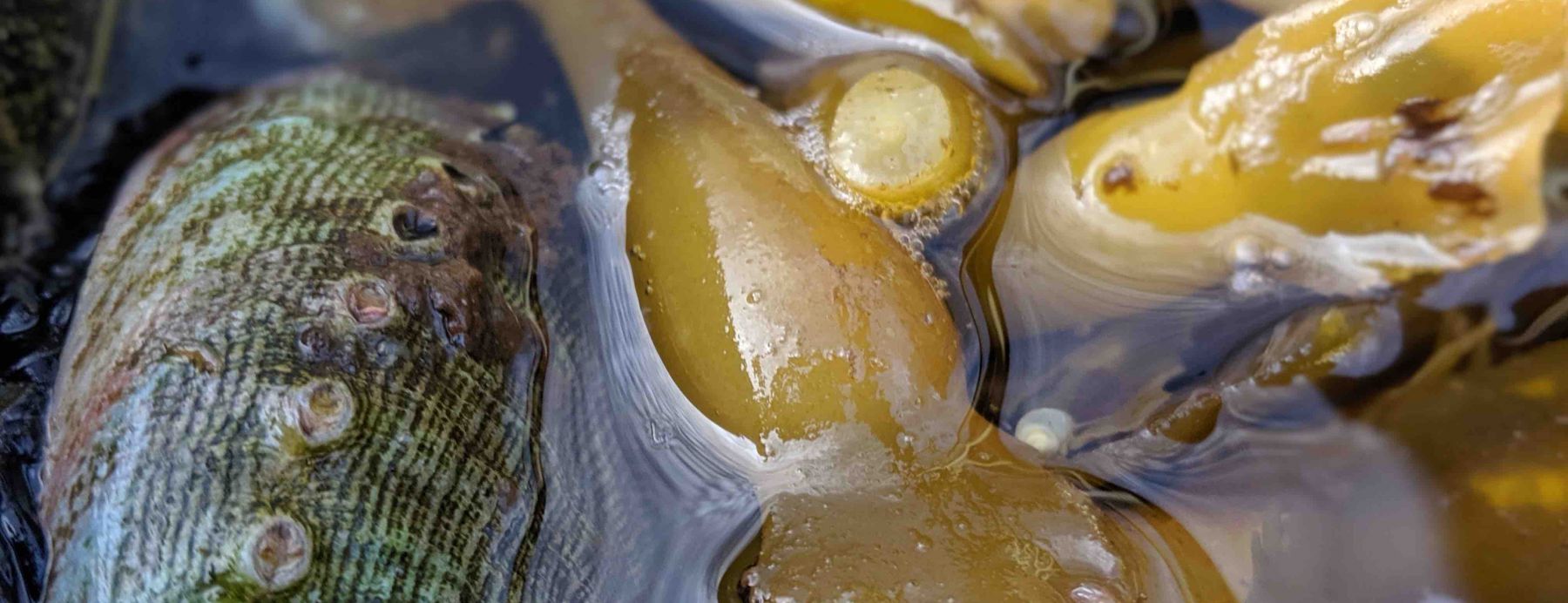Traditionally, aquaculture has been characterized as a foe to conservation efforts. Yet, much has changed in these two seemingly disparate practices over the last two decades, motivating an updated evaluation of the scientific evidence for how aquaculture currently impacts conservation, as well as prospects for further alignment and research. In the Froehlich Lab, and in collaboration with the National Center for Ecological Analysis (NCEAS) through our joint Conservation Aquaculture Research Team (CART) initiative, we are using synthesis science and modelling to explore how aquaculture is and could be scaled for conservation objectives in the water and on land.
Relevant papers:
H.E. Froehlich, D. Mizuta, J. Wilson. 2024. Froehlich, H. E., Mizuta, D. D., & Wilson, J. R. 2024. Public conservation connection and support between ocean and terrestrial systems in the United States. PloS one, 19(7): e0307431.
Mizuta, D.D., H.E. Froehlich, and J.R. Wilson. The Changing Role and Definitions of Aquaculture for Environmental Purposes. Reviews in Aquaculture. 2022. https://doi.org/10.1111/raq.12706.
Ridlon, A.D., K. Wasson, T. Waters, J. Adams, J. Donatuto, G. Fleener, H.E. Froehlich, R. Govender, A. Kornbluth, J. Lorda, B. Peabody, G.Pinchot, S.S. Rumrill15, E. Tobin, C.J. Zabin, D. Zacherl, E.D. Grosholz. 2021 Conservation aquaculture as a tool for imperiled marine species: Evaluation of opportunities and risks for Olympia oysters, Ostrea lurida.PLoSONE. 6(16):e0252810
Froehlich, H.E., R.R. Gentry, B.S. Halpern. 2017. Conservation aquaculture: shifting the narrative and paradigm of aquaculture’s role in resource management. Bio. Con. 215: 162-168.10.1016/j.biocon.2017.09.012 2.
Froehlich, H.E., C.A. Runge, R.R. Gentry, S.D. Gaines, B.S. Halpern. 2018. Comparative terrestrial feed and land use of an aquaculture-dominant world. PNAS. 10.1073/pnas.1801692115
